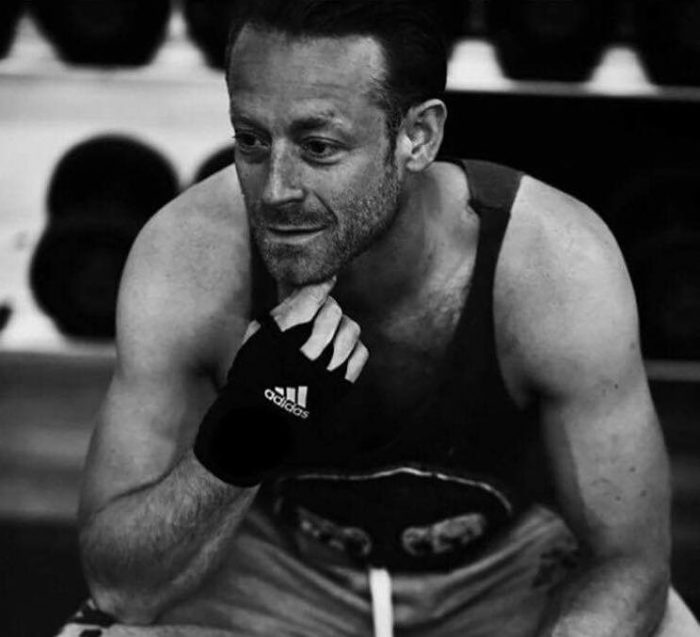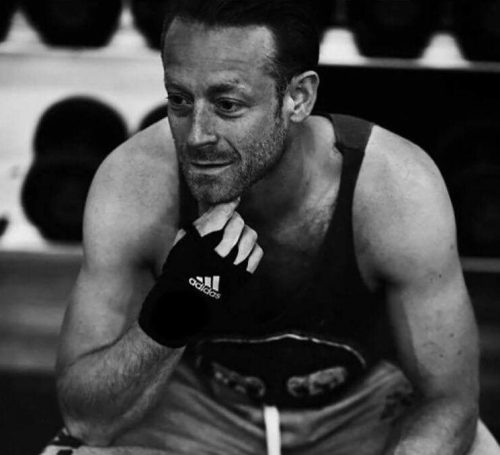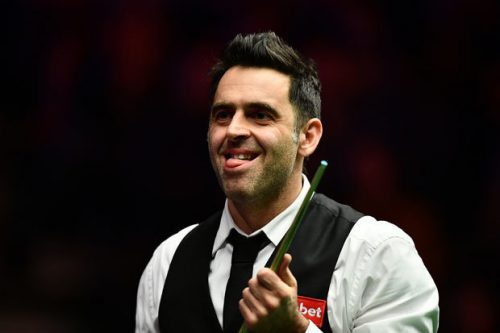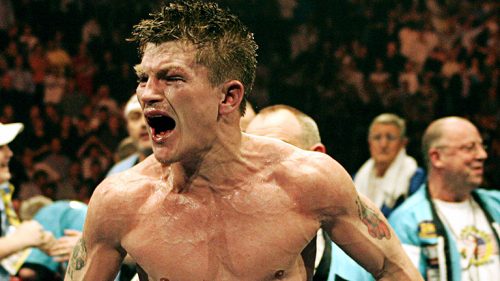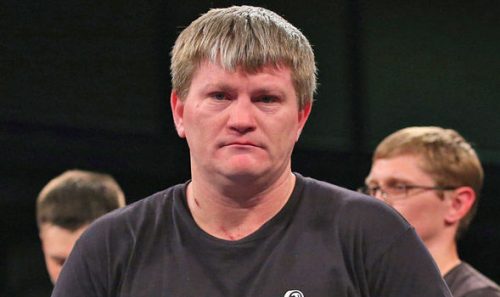As part of mental health week, Jon Sutton shares what he learned studying new techniques for keeping a strong and healthy mind.
(Image: Gareth Rhys Photography)
Let me get this clear – I’m not a psychiatrist.
I’m not a psychologist a biologist or a counsellor.
But over the last few years, through the use of books, podcasts, Ted-Talks, documentaries and personal anecdotes, I have studied a new wave of specialists in each of those categories (some of whom are still sadly marginalised), in a pursuit for answers to one of life’s most basic questions…
Why can’t we control our own emotions?
According to the mental health charity, Mind*, one in four people will report mental health problems in a given year and roughly one in five will have suicidal thoughts.
And whilst it is women that more readily admit to having such issues, it’s actually men that suffer the more fatal consequences – suicide is now the UK’s biggest cause of death of in young males.
Could this be down to men’s over-reliance on macho silence in dealing with such problems?
And since boxing is a sport still dominated by men – and since we live in a world where mental health is still a dirty phrase – can we afford to ignore these forward-thinking specialists?
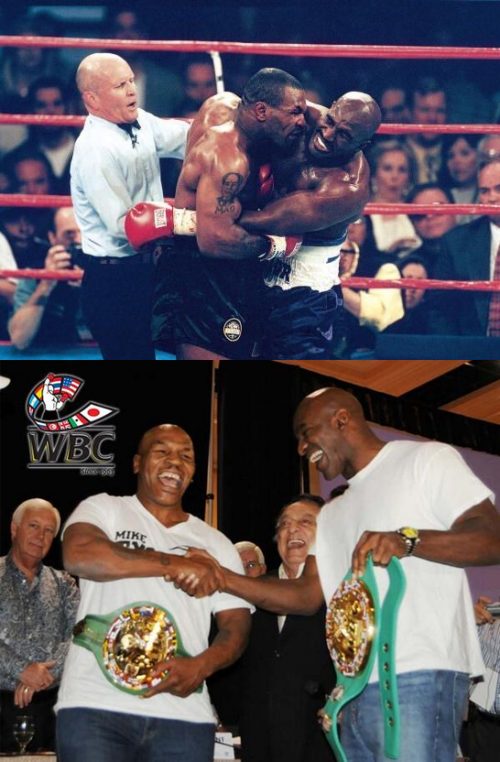
Boxers including Mike Tyson, Ricky Hatton, Frank Bruno and Tyson Fury have all talked bravely around their mental health issues. But many more have succumbed to addictive behaviour patterns outside of the ring, without having the insight (or perhaps the stomach) to actually put a name on their behaviour.
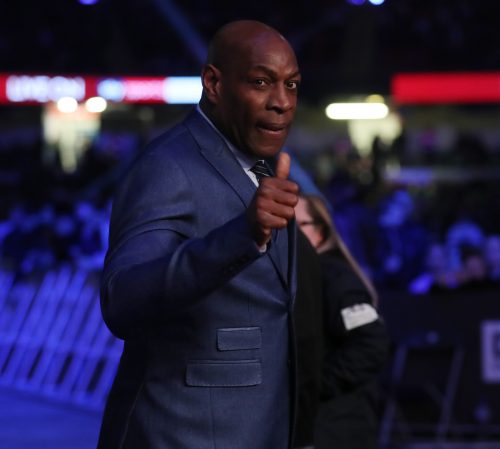
Studies in America’s NFL, as portrayed in the Will Smith movie “Concussion”, pointed the finger of blame for post-sport problems firmly at the repetitive knocks to the head that American footballers are known to take. And these hits are just as prevalent in the world of boxing. Perhaps more so.
But is this too simple an approach? If bashes to the brain are the sole source of depression in sporting men, then how do we explain those suffering with similar issues outside of our beloved contact sports?
As far as I’m aware, Tiger Woods didn’t take many nine-irons to the nut during his career – and Ronnie O’Sullivan wasn’t known for using his bonce to bash the black-ball into the corner pocket.
(Image: Sporting News)
(Image: Daily Star)
So, whilst the evidence around concussion is absolutely undisputed, by blaming mental health issues in sport purely on head-knocks, do we risk side-lining those other sportspeople who don’t have a ready-made, highly masculine reason behind their illness?
And what about all those outside of sport?
After all, it’s much easier to tell the boys at the bar that you’re simply a wounded soldier, having selflessly sacrificed your body & mind to your sport, than it is to admit you’ve felt a bit weak or lonely or scared, ever since taking that first hiding off the school bully or getting dumped by your ex.
One leads to a pint & a hand-shake, the other ends in giggles & gossip. But both are as damaging to the sufferer as each other.
So, what can be done to change all this?
In a series of articles focusing on mental health over the next few weeks, I will attempt to dive into some of the prominent topics repeated by experts time and again, relating to diet, exercise & social integration – in order to answer some of these crucial questions.
But this week I’d like to talk about failure.
It is my firm belief that this one word – in all it’s ugly, negative glory – has done more damage to the minds of men and women than any other. (*See the Independent’s article, “Why We Should Not Fear Failure”.)
In a world where we are told that “more” is all that matters – more ambition, more wealth, more wins, more power – “success” has become an unachievable goal.
The corporate world of capitalism has a very simple operating model. More. Not content with owning a huge majority of America’s wealth in the lead up to the financial crisis, banks such as Wells Fargo* were fined for targeting the poorest people in society with massive fees. Hard-working people, desperate for a home.
This behaviour is not isolated and it is not a side-effect of an otherwise perfect model. It’s the exact purpose of that model. Extract every last penny from the poor, then get back to the meeting room on Monday morning with a fresh doughnut and a fresh batch of ideas for extracting even more money.
This is the model that the modern world operates within, all the way through.
But after the financial crisis, we saw first-hand just how much damage that system can cause. The world fell apart. So, is it not entirely possible that in other walks of life, for example sport, we are pushing our heros and ourselves to a similar breaking point?
After destroying David Haye recently, Tony Bellew was immediately pounced-upon by reporters and pushed to comment on a potential match up with Anthony Joshua. His response, in a total reversal of everything we’ve ever seen in the one-better world of boxing, was a firm no. Joshua was too big and the conversation was over.
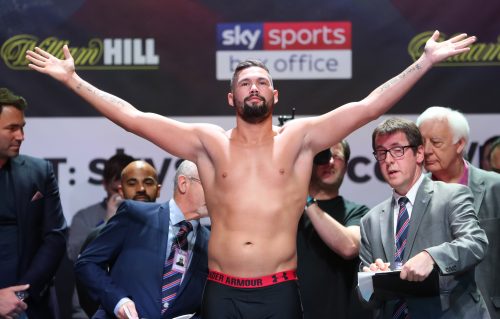
(Image: Lawrence Lustig, Matchroom Boxing)
Tony Bellew is a man who knows his place in history. Already a legend, he accepted that family & future was more important than fame & fortune.
But why is that such a unique and refreshing stance these days? Why can’t other fighters, or ordinary people, bravely accept their limitations and announce them to the world?
After all, how many times have we been built up and let down by pretend posturing in the run-up to so called big fights, only to end up more pissed-off than pumped-up by the resulting action?
I relish the excitement of seeing a local hero challenge the absolute best. But is it not preferable to see a match-up of genuine equality?
(Ricky Hatton Images: Boxing News / Daily Express)
When Ricky Hatton faced Floyd Mayweather and Manny Pacquiao, was it not a step too far? Were we not more entertained by the earlier fights in his career, when the contests turned into a brutal battle of wills instead of a one-sided devastation?
And so it is in life.
The first time I had suspicions that the “model of more” was just a myth, was when I heard the anecdote of the fisherman in the Bahamas.
To cut it short, an American businessman on a fishing trip on the fisherman’s modest boat, belittles his current lifestyle and ambitions by offering his business acumen in the form of a plan to expand his single row-boat to a fleet of petrol guzzlers…
“Follow my business plan and one day you can sit back in the sun and do whatever it is you love to do”, states the businessman.
“I understand”, the fisherman replies, “but that’s exactly what I do now”.
When it comes to ambition, perhaps it’s time to admit that it is more intelligent to set your sights on achievable goals, then treat yourself to a rewarding boost of serotonin when you reach them.
Footballers such as Kelly Smith have talked around the depression suffered as a result of injury*, even in the full knowledge that the injury will likely heal. So perhaps it’s not injury, but loss of time that we fear most. Time to reach the goals we have set ourselves. Because time seems to be constantly escaping us, causing us mental anguish when we worry that our peers are racing ahead.

(Image: Daily Star)
Of course, there’s nothing wrong with competition, but without accepting that injury will happen – or that rest, recovery & time with loved ones is an absolute necessity in all walks of life – then we will always leave ourselves vulnerable to that much more long-lasting injury, chronic depression.
Even Grand Prix racers, the world’s fastest moving sporting gods, understand the benefit of a pit-stop.
So, if we really want to take the pressure off our daily lives, then we have to learn to make allowances in our schedule.
And perhaps we also need to stop comparing ourselves to one another. If our peers move forward during our down time, let it be. They’ll need a break too, one day.
This is not to say that we shouldn’t spend our days on productive activity, but we should make sure that a percentage of that productivity is dedicated to strengthening our minds, our hearts and our relationships. Because we’ll need all three of them one day, if those plans for world-domination fall apart.
There’s a tendency these days – particularly in the UK with it’s outdated class structure from the Royal Family down to the streets – for people to try and rank one another according to success and wealth. When was the last time you met a British person who didn’t start a conversation by asking… “so, what do you do?”
In a recent study, Wall Street Oasis* found two conclusions whilst looking into the necessity of wealth in judging someone’s success:
“1. Society at large pushes an image of success that is destructive in nature. 2. The post-financial crisis generation has a much different idea of success than the generations before it.”
In other words, we should accept that different does not mean better or worse.
I recently watched Kieran Gething and Bradley Pryce battle it out on a Chris Sanigar bill. Was it as financially “big” as Joshua V Parker? Absolutely, no. Was it a better fight? Absolutely, yes.
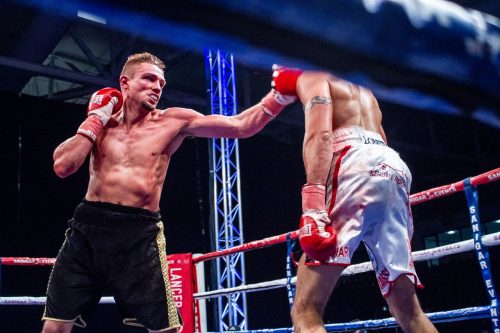
As sports fans, or even as brothers, sisters, parents, children & friends, wouldn’t we prefer to know that true value still exists in our sport or our family pursuits?
Shouldn’t we start to celebrate the smaller successes of those people closest to us instead of putting them down because they’re not at the top?
Shouldn’t we buy tickets for smaller boxing events and show them our support and our gratitude? They’re getting punched in the head for a lot less money than Anthony Joshua, after all.
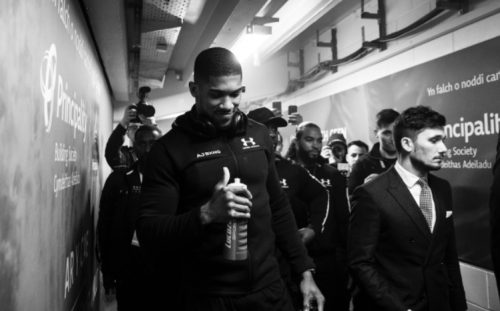
(Image: Lawrence Lustig, Matchroom Boxing)
No matter what level we see ourselves at, we need to accept that what we are doing in life is of value, even if it’s worth less money or credit than that of our peers.
Social media has made our world so much bigger, that we often set ourselves impossible targets of hitting a million followers or a first page of Google without ever stopping to appreciate what we could be achieving amongst our immediate community. The people we see every day! In the flesh!
And further to these issues of wealth-related ranking, we also need to accept that for some people, certainly many people outside of the competition-driven worlds of sports & business, just being alive is rewarding enough.
A healthy family, a regular income, a catch up with mates and an annual trip to the med. Those are the simple things that truly make us feel the waves of anxiety washing away. Surely that’s the markings of true success?
We don’t all need to chase the dreams set down by our younger selves, or by parents or schools or angry bosses with a vested interest in our continued improvement … it is OK to just “be”.
Perhaps Tarantino’s script for Jackie Brown said it best:
“ORDELL ROBBIE: You know you smoke too much of that shit, that shit gonna rob you of your own ambition.
MELANIE: Not if your ambition is to get high and watch TV…”
***
Thanks for taking the time to read.
Please try and trust that the world hasn’t moved on too far without you, in the last twenty minutes. Your peers are probably reading something equally unprofitable even as they post pictures boasting of fake success on Instagram.
Happy mental health, fighters, fans and other folks…
***
*REFERENCE LINKS/CREDITS:
MIND CHARITY STATISTICS:
PERCENTAGE OF WEALTH OWNED BY US BANKS:
https://www.cnbc.com/2015/04/15/5-biggest-banks-now-own-almost-half-the-industry.html
WELLS FARGO TARGET POOREST MINORITIES:
FEAR OF FAILURE LEADING TO MENTAL HEALTH ISSUES:
KELLY SMITH’S DEPRESSION FOLLOWING INJURY:
METRICS OF SUCCESS:
https://www.wallstreetoasis.com/blog/does-society-use-the-wrong-metrics-to-judge-success

